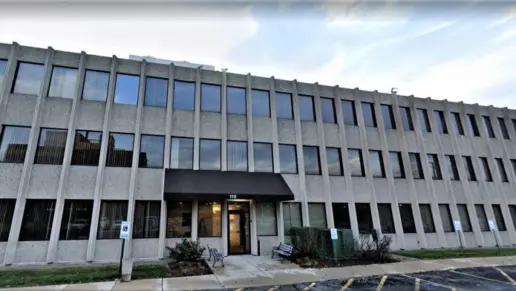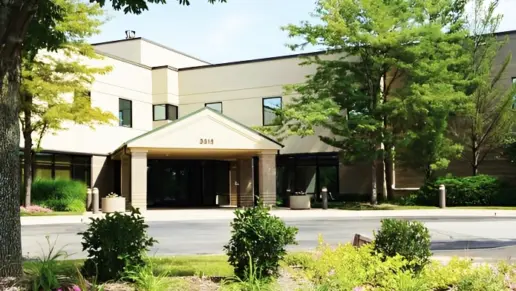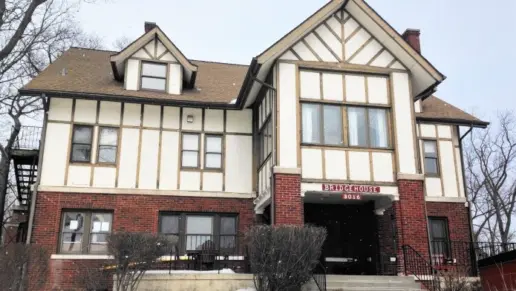About Nicasa Behavioral Health Services
Bridge House is part of the nonprofit Nicasa Behavioral Health Services and is a coed residential halfway house for adults recovering from substance use dependency. This is a supportive living situation to help you with the transition from treatment to an independent sober lifestyle. They also have treatment for co occurring disorders. The house is on Grand Avenue in Waukegan, Illinois and is ADA accessible.
While in the house, you’ll have a personalized treatment program to help you continue your recovery journey. Within the first 30 days, you’ll be required to connect with a recovery sponsor, find employment, build a 25 contact recovery network, and connect with your local community.
You’ll be paying rent each week which includes food and lodging. Rent also includes individual therapy, daily group therapy, comprehensive support services, and weekend activities. You’ll have access to a wide range of recovery support services. There are aftercare counseling and alumni activities, employment counseling, and workshops and seminars. There are also random drug screens to document continued abstinence.
If you have a co occurring mental health disorder such as depression, anxiety, schizophrenia, or bipolar disorder, they have treatment services to help you address your challenges. Good nutrition is important to a successful recovery, and you’ll have nutrition counseling while in the house. There are opportunities for recreation and social activities as well. The program includes HIV/AIDS risk reduction education and other educational services.
Most people stay in the house for about four months. While in the house, there is a strong support system and organizational structure. You’ll be expected to follow the house rules that are designed to aid in your recovery.
Latest Reviews
Rehab Score
Gallery
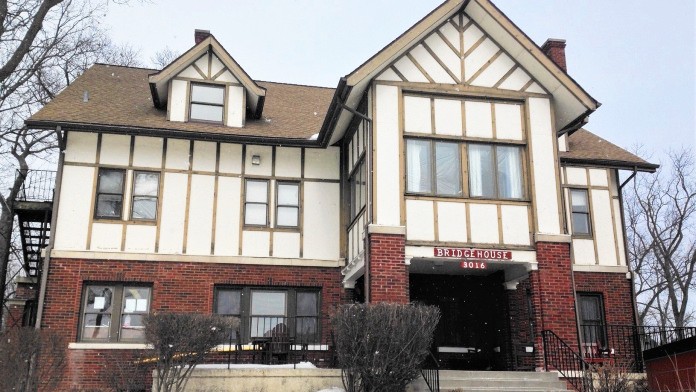
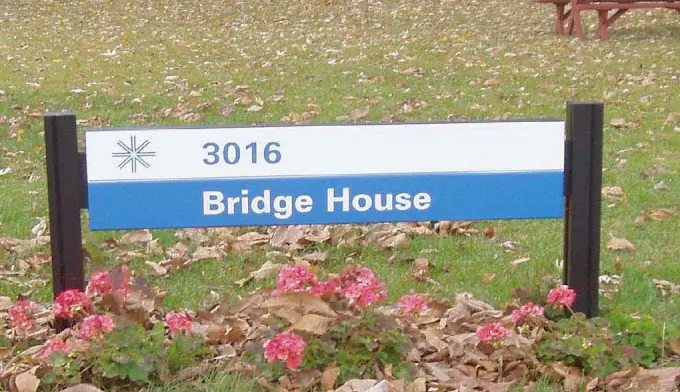
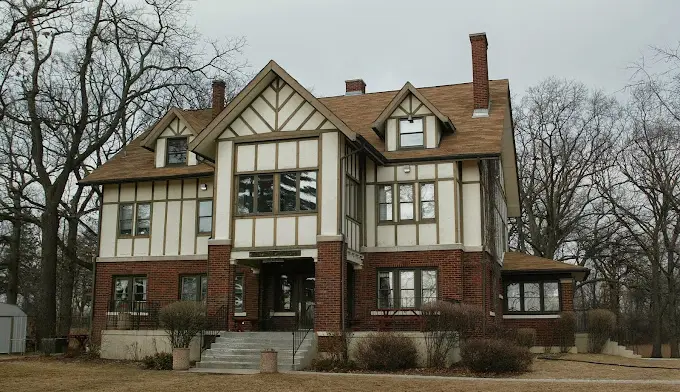
Location
Accepted Insurance
Other Forms of Payment
Self-pay involves paying for treatment out of your own pocket. You can use savings or credit, get a personal loan, or receive help from family and friends to fund your treatment. If you don't have insurance or your insurance plan doesn't cover a specific program, self-pay can help ensure you still get the care you need.
Private insurance refers to any kind of healthcare coverage that isn't from the state or federal government. This includes individual and family plans offered by an employer or purchased from the Insurance Marketplace. Every plan will have different requirements and out of pocket costs so be sure to get the full details before you start treatment.
Medicaid is a state based program that helps lower-income individuals and families pay for healthcare. Medicaid covers addiction treatment so those enrolled can use their coverage to pay for rehab. When a program accepts Medicaid the client often pays very little or nothing out of their own pocket.
Medicare is a federal program that provides health insurance for those 65 and older. It also serves people under 65 with chronic and disabling health challenges. To use Medicare for addiction treatment you need to find a program that accepts Medicare and is in network with your plan. Out of pocket costs and preauthorization requirements vary, so always check with your provider.
Addiction Treatments
Levels of Care
Treatments
The goal of treatment for alcoholism is abstinence. Those with poor social support, poor motivation, or psychiatric disorders tend to relapse within a few years of treatment. For these people, success is measured by longer periods of abstinence, reduced use of alcohol, better health, and improved social functioning. Recovery and Maintenance are usually based on 12 step programs and AA meetings.
Drug rehab in Illinois is designed to help people recover from addiction to a number of substances. The length of each program and its intensity tend to vary, and the plan of care is based on your individual needs.
Opioid rehabs specialize in supporting those recovering from opioid addiction. They treat those suffering from addiction to illegal opioids like heroin, as well as prescription drugs like oxycodone. These centers typically combine both physical as well as mental and emotional support to help stop addiction. Physical support often includes medical detox and subsequent medical support (including medication), and mental support includes in-depth therapy to address the underlying causes of addiction.
Substance rehabs focus on helping individuals recover from substance abuse, including alcohol and drug addiction (both illegal and prescription drugs). They often include the opportunity to engage in both individual as well as group therapy.
Programs


Clinical Services
If you engage in cognitive behavioral therapy in Illinois, your therapist will work with you to change your thinking patterns. You'll learn how to recognize faulty thinking and develop skills to deal with stress without using substances.
Dialectical behavior therapy in Illinois typically involves keeping a diary to track actions and emotions. Your therapist will use this diary to determine what to focus on during each session. In addition to individual sessions, you'll also attend group meetings where you are trained in coping skills.
Group therapy is any therapeutic work that happens in a group (not one-on-one). There are a number of different group therapy modalities, including support groups, experiential therapy, psycho-education, and more. Group therapy involves treatment as well as processing interaction between group members.
In individual therapy, a patient meets one-on-one with a trained psychologist or counselor. Therapy is a pivotal part of effective substance abuse treatment, as it often covers root causes of addiction, including challenges faced by the patient in their social, family, and work/school life.
Motivational interviewing in Illinois is person centered and collaborative. This method allows the therapist to come alongside the client to address the issue of ambivalence toward change. By listening and reflecting, the therapist helps the client see the need for change and commit to making changes.
Trauma therapy provides you with a safe and supportive environment so you can address a traumatic experience. Your therapist helps guide you to understand your emotional, mental, and physical responses while developing healthier coping skills. This helps to improve your emotional resilience and ability to function in the community.
Staff & Accreditations
Staff

Teen Court and Mundelein STAND Up Task Force Coordinator

Client Services Supervisor

Prevention Coordinator

Chief Clinical Officer

Family Advocacy Coordinator

Bridge House Manager

Director of Administration

Chief Executive Officer
Accreditations

The Commission on Accreditation of Rehabilitation Facilities (CARF) is a non-profit organization that specifically accredits rehab organizations. Founded in 1966, CARF's, mission is to help service providers like rehab facilities maintain high standards of care.
CARF Accreditation: Yes
Contact Information
3016 Grand Ave
Waukegan, IL 60085





